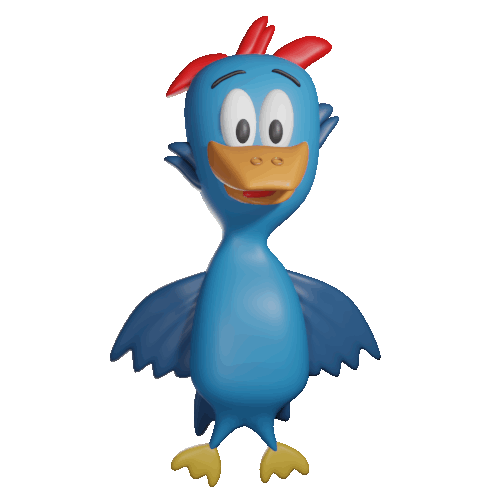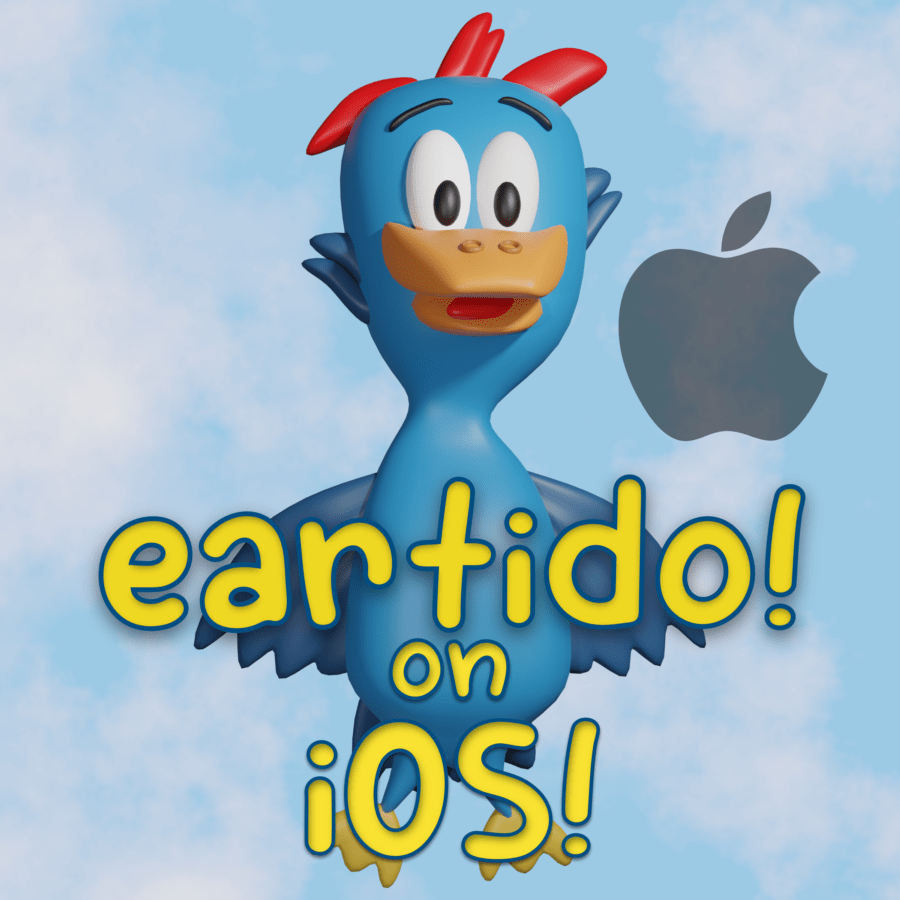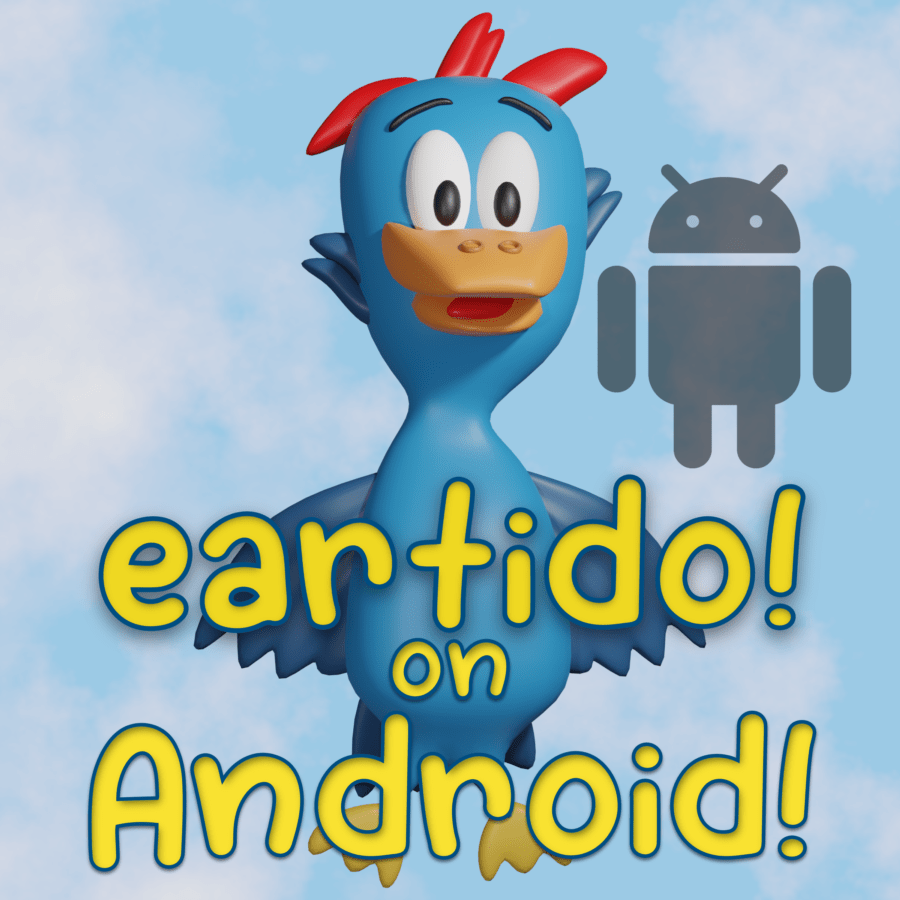First Steps
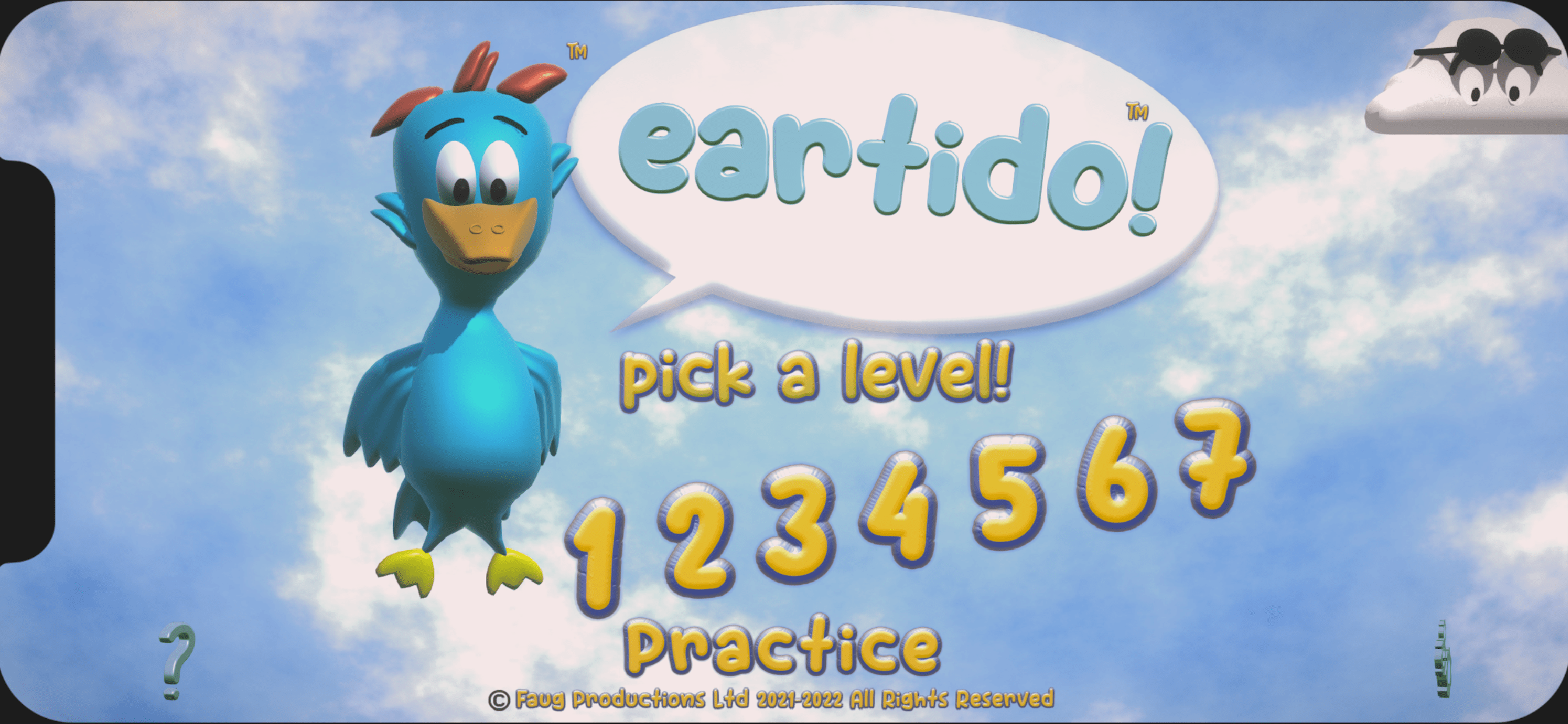
The first screen that you'll see is our main menu. From here, you can adjust settings such as the volume, note names as well as access to the subscription purchase area. You'll also find our instructions on playing eartido!
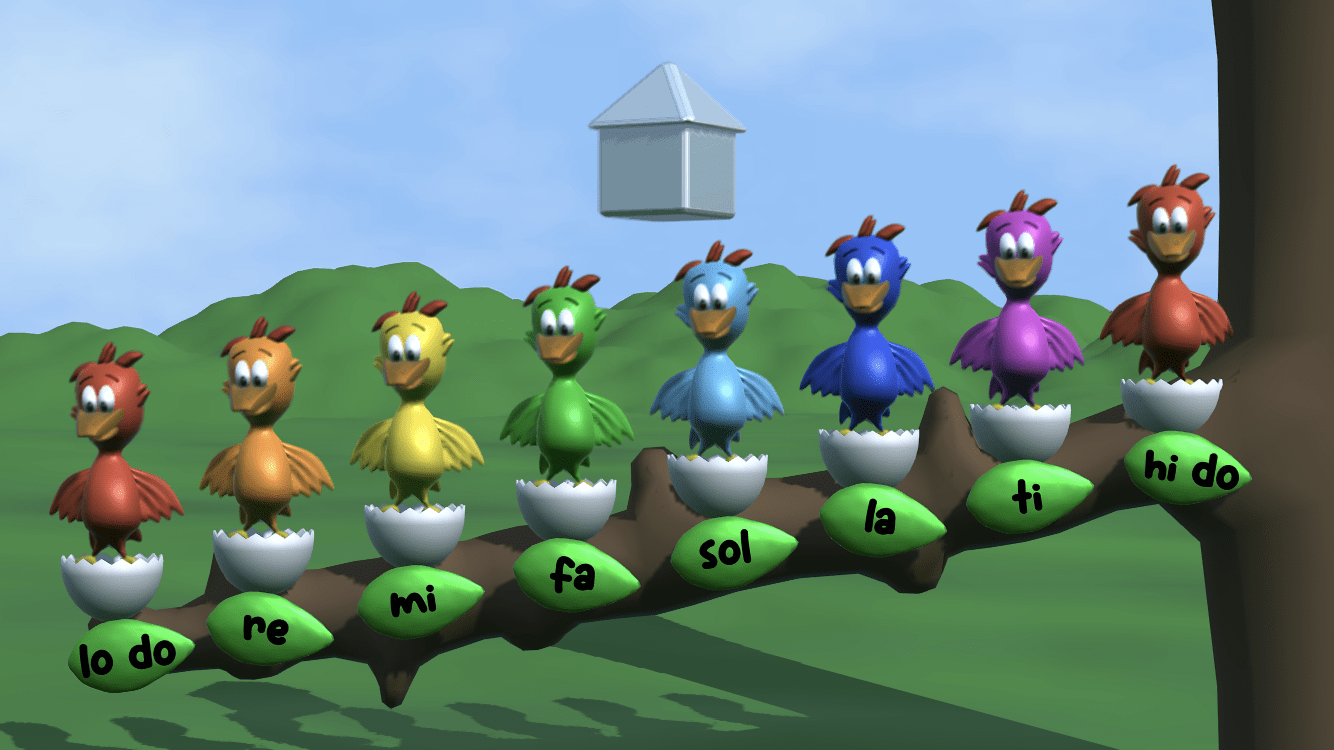
The perfect way to get acquainted with eartido is in our practice area - press the birds or note names and hear them sing!
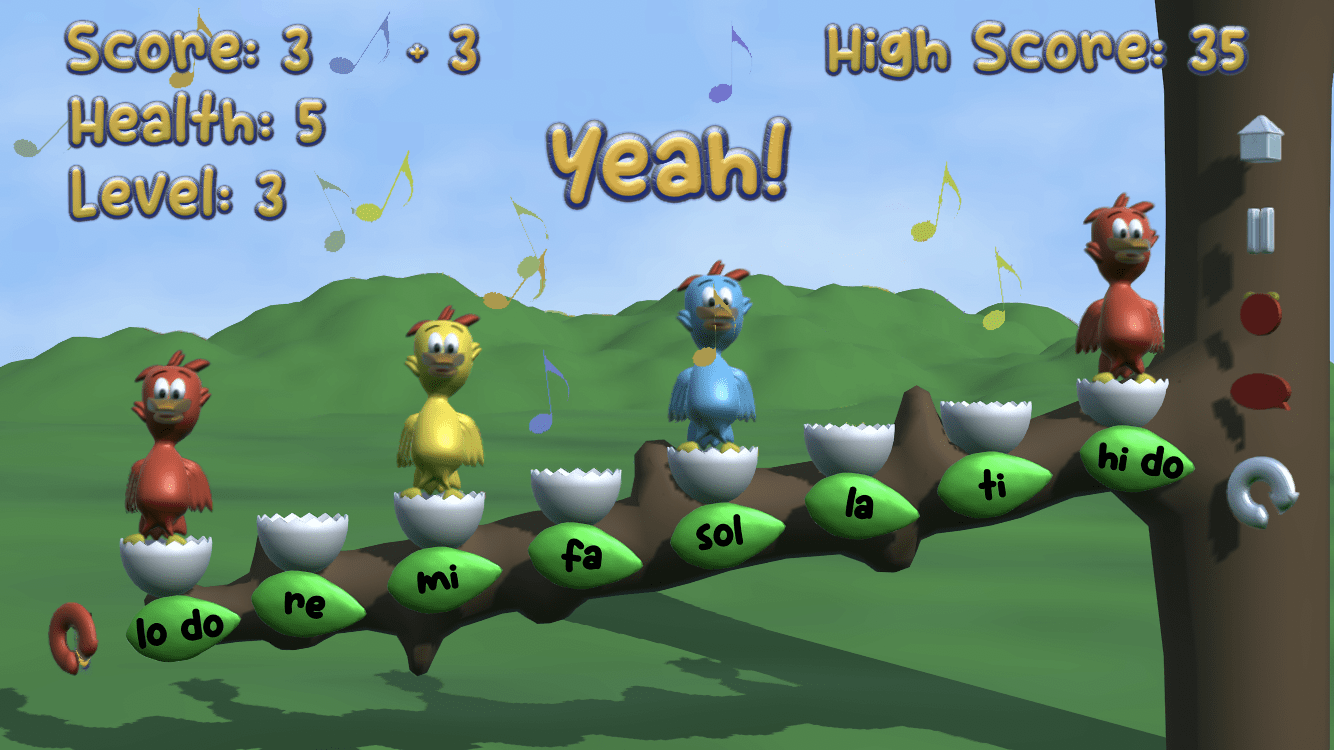
We've added a 'parent gate' so that your budding student can't make purchases by mistake! Press start, then follow the colour coded instructions to access our purchase page. We've created the subscription to eartido! so that you'll never see ads or give up personal data while using eartido! You'll also receive every update to the app as we continue to improve it!
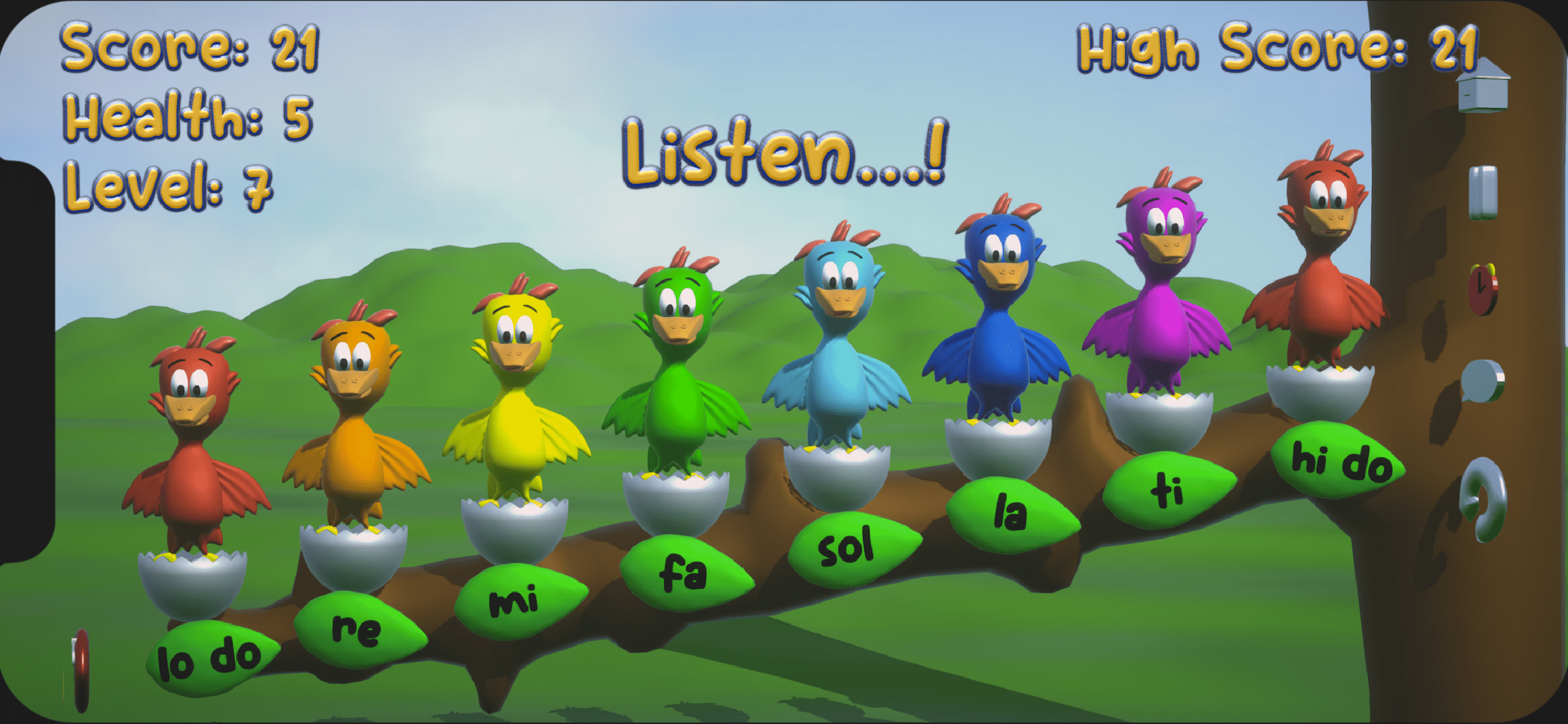
Once you have your subscription set up, it's time to start exploring eartido! For more hints & tips on learning with eartido! Please see the section below.
Why eartido?

Many parents would like their child to experience music lessons, but this can often be exclusive or prohibitively expensive. In an age when we have access to every piece of music that has ever been recorded, wouldn’t it be fantastic if children could learn music on their own terms? Classroom Primary teachers are increasingly expected to teach music classes having had little to no prior musical training.

eartido! supplements the child’s music lessons in and out of the classroom in order to improve musical comprehension, facilitate greater creativity and promote self- confidence within the expressive arts. Regular use of eartido allows the students to ‘play what they hear’ and learn their favourite music by ear.

The ability to distinguish between different musical notes, Ear training is a crucial, yet often overlooked foundational skill for any musical education and is useful across all instruments and genres.
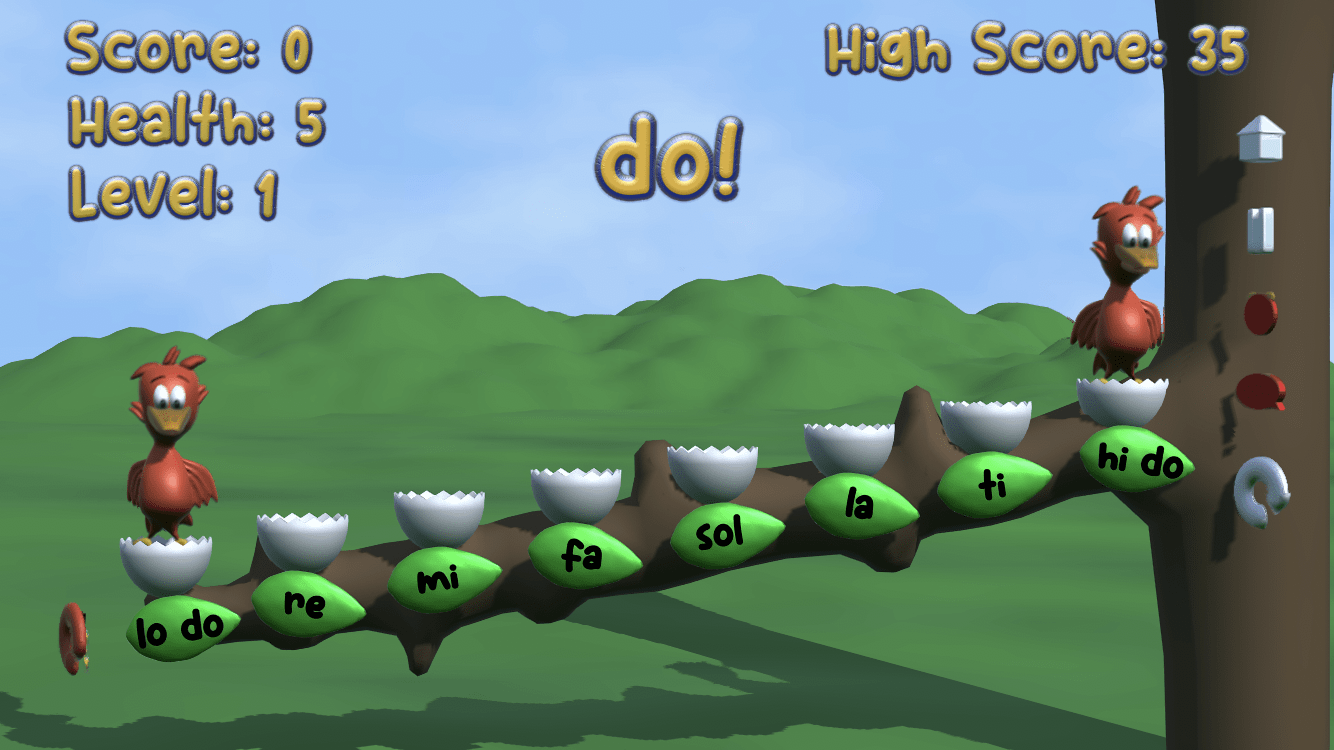
Music Educator
“eartido! is a fantastic app for teaching children the very fundamentals of music, no matter their instrument!”

Piano Instructor
“eartido! is a great tool for learning to hear pitches and making it fun in the process!”
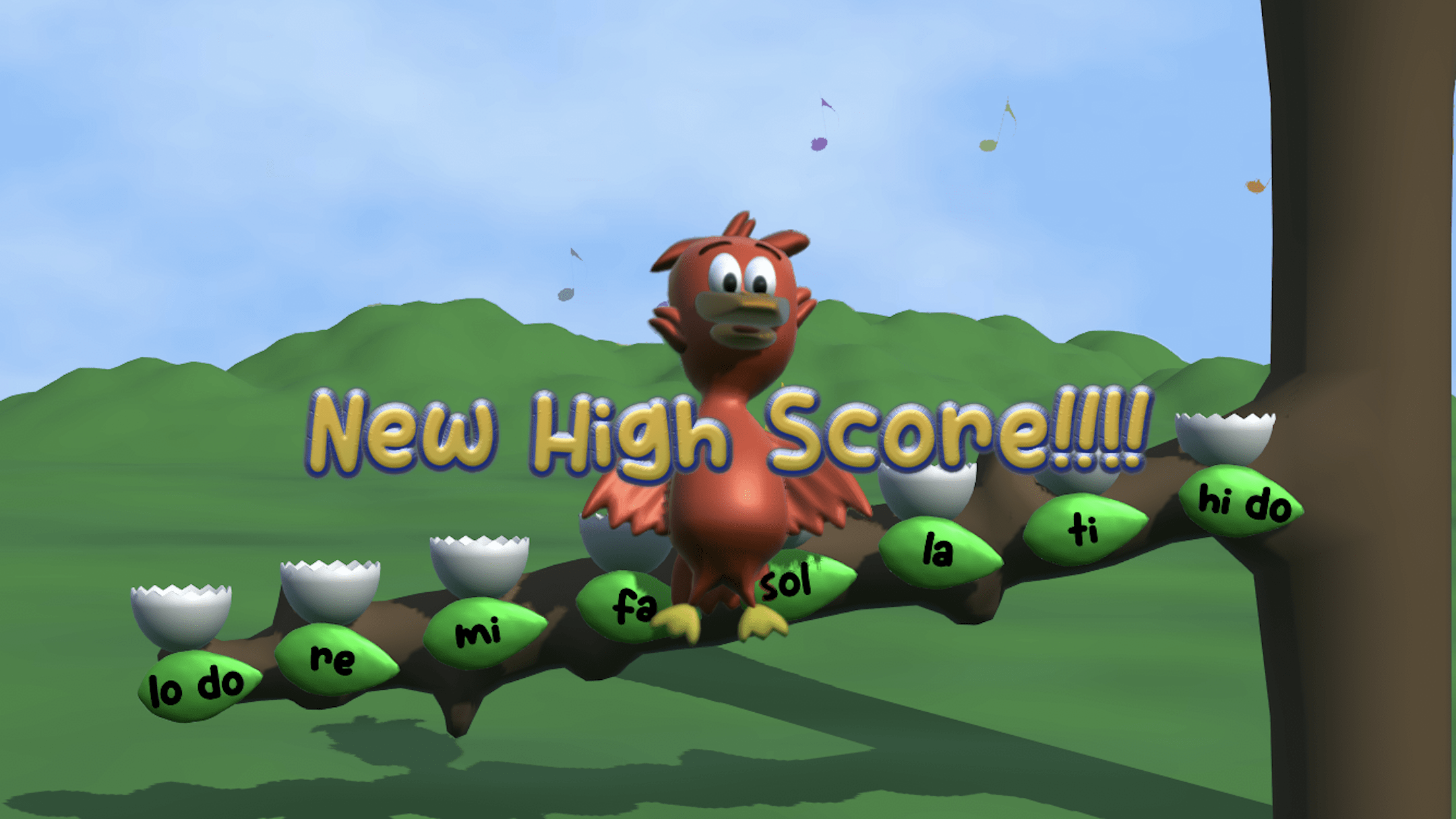
Founder, United Dance
“Our students have a great time learning ear training with eartido!"

Violinist (Madonna, Stevie Wonder)
“My students love eartido! and I’ll be using this with my son, too, when the time comes!”

Guitarist (Casey Musgraves, Lukas Graham)
"eartido! goes a long way to providing a solid framework from which any student could learn, no matter the instrument”
Tips for Parents and Teachers

Levels 1, 2 and 3 are usually the place to begin with a student that is new to ear training. If the student is very young (2-4 years), level 1 might work well. Begin by asking the student ‘is it a high note or a low note?’. Once they progress to level 2, you can ask which note sounds different, while discussing the fact that the two do’s sound the same, but one is high and one is low. You’ll find that they can very quickly get the hang of this and progress to level 3.

Your student might ask to play one of the highest levels straight away. It is important to let them know that they’ll get there soon, but it is better to stick to the earlier levels until they can consistently achieve correct answers.

If the student is a little older (5-8 years), it may be best to start straight away with Level 3. Again, it is important to ask the student to notice that low and high do are the ‘same, but one is high and one is low’. If you get the sense that the student is progressing rapidly and might need an added stimulus in order to keep them working on a lower level, try adding the countdown timer - the added challenge of finding the correct pitch against the clock usually helps them focus for longer!

As with any learning situation, it is always useful to emphasise the ‘why?’ of what the student is doing with eartido! Ask the student what their favourite song is and then explain that with more practice of eartido! they’ll soon be able to figure out that song on their instrument all by themselves. If they have reached level 7, you can then put this to the test!

Our practice area is always available without subscription and is a great place for the student to hear how the notes should sound and try playing melodies!
